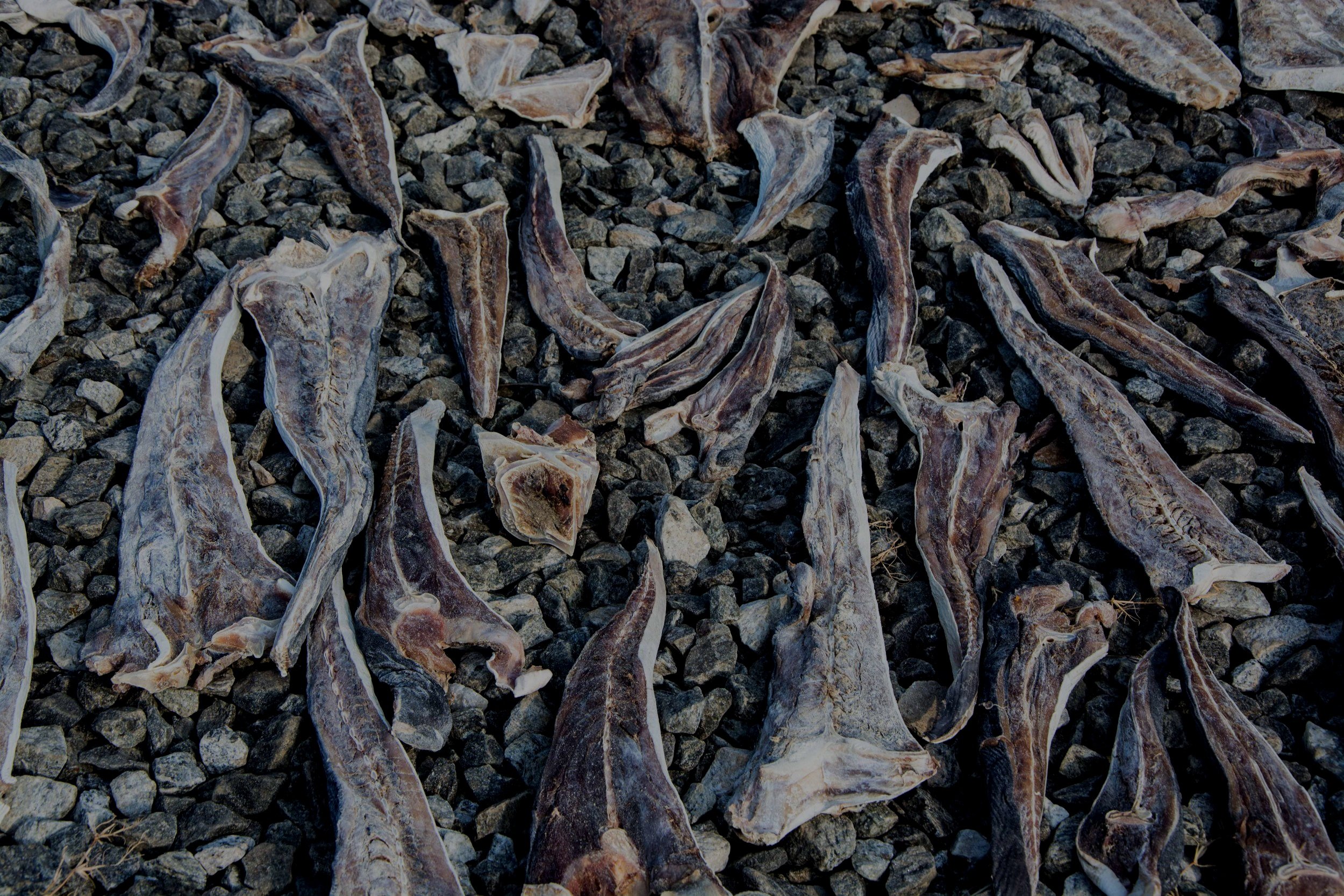
December 2024
Global Study Highlights Urgent Threats to Manta and Devil Rays from Trade: Stronger Protections Needed
© Simon Hilbourne
The Manta Trust, in collaboration with a global network of experts, has published a landmark study exposing the alarming scale of international trade in manta and devil rays (mobulids). Titled Global Assessment of Manta and Devil Ray Gill Plate and Meat Trade: Conservation Implications and Opportunities, the study highlights the overexploitation of these threatened species driven by demand for their meat and gill plates. The findings, published today in Environmental Biology of Fishes, underscore the urgent need for more robust and effectively enforced protections to prevent further population declines, including uplisting all mobulid rays from CITES Appendix II to Appendix I to ensure stronger international safeguards.
© Simon Hilbourne
Using expert surveys, interviews, and trade and fisheries data, this comprehensive study provides a detailed overview of mobulid exploitation worldwide. It is the first to evaluate both meat and gill plate trade since mobulids were listed under CITES Appendix II, offering a critical update on the status of these endangered species and demonstrating the need for enhanced international protections.
The study assessed mobulid landings, meat consumption, and gill plate trade across 75 countries, revealing a vast global network of exploitation. Mobulids are landed in 43 countries, with their meat consumed in at least 35 and gill plates exported from 14. Major trade routes and markets are concentrated in Asia and Africa, with Myanmar, Sri Lanka, Bangladesh, India, and Indonesia identified as the highest-priority countries for conservation action.
© Jasmine Corbett
Despite nearly a decade of international protective measures under CITES Appendix II and CMS Appendices I and II, as well as national protections in over 40 countries, the study found that trade in mobulids persists at unsustainable levels.
© Guy Stevens
“Manta and devil rays are among the most iconic and legislatively protected marine species, yet they remain incredibly vulnerable to overfishing,” said Dr Guy Stevens, CEO and Co-Founder of the Manta Trust. “After over a decade of global protections under CITES, it is disheartening to see unsustainable trade in these species not only continuing but increasing. Stronger action, including an Appendix I uplisting, is urgently needed to protect them.”
Lead author Dr Marta D Palacios from Mobula Conservation added: “I was struck by how widespread the consumption and trade of mobulid products has become. This study reveals the truly global nature of the issue, with trade routes spanning continents and connecting neighbouring nations. Without stronger international protections like CITES Appendix I uplisting, the survival of these critically endangered species is at even greater risk.”
© Simon Hilbourne
Key Findings
Mobulid meat is predominantly consumed locally, though some trade occurs between countries in South America, Africa, and Asia.
Gill plates are primarily traded internationally, with key export hubs in Africa and Asia supplying markets in mainland China and Hong Kong.
Trade routes are complex, linking coastal landing sites to global markets via land, sea, and air. Processing sites range from informal beachside operations to industrial facilities in countries such as Peru and India.
Prices for mobulid products vary significantly, with gill plates fetching up to USD $1,260 per kilogram.
Among the five high-priority countries, Myanmar stands out as a critical conservation focus, serving as both a consumer and exporter of mobulid products and a transit hub for gill plates imported from neighbouring countries. Meanwhile, shifting market trends in China and Hong Kong—where sales are increasingly moving online—pose new challenges for monitoring and enforcement.
© Jasmine Corbett
Recommendations for Action
The Manta Trust is calling for strengthened and better-implemented protections to safeguard mobulids, including:
Stricter enforcement of existing international, regional, and national regulations (e.g., CITES, CMS, and RFMOs).
Enhanced international protections, such as the uplisting of mobulid rays to CITES Appendix I, reflecting their critically endangered status and vulnerability to trade-driven population declines.
Effective fisheries management to drastically reduce both targeted catch and bycatch.
Improved monitoring of mobulid catch and trade routes and reinforced customs enforcement at airports and land crossings.
Surveillance of online marketplaces to address the rise in digital sales.
Collaborative international efforts to preserve critical habitats and mitigate climate impacts.
© Simon Hilbourne
“Conservation is not just about creating laws; it’s about ensuring they are effectively implemented,” said Dr Palacios. “This study makes it clear that current protections are not sufficient to address the ongoing threats to mobulid populations. Without urgent action, we risk losing these extraordinary species.”
“In the last decade, manta and devil ray populations have continued to decline globally, driven primarily by unsustainable fisheries and trade in their meat and gill plates,” added Dr Stevens. “It is time to change the tide and ensure mobulids remain a ray of hope for ocean conservation efforts.”
FOR MEDIA ENQUIRIES
Contact: Jasmine Corbett
Manta Trust Media and Communications Manager
Email: jasmine.corbett@mantatrust.org
Press Release Credits
Written by: Jasmine Corbett
Images: Photographer’s credit below images – ensure that credit is given if images are used
About the Manta Trust
The Manta Trust is a UK-registered marine conservation charity dedicated to the research and protection of manta and devil rays and their habitats. Through research, education, and collaboration, the Manta Trust works to ensure a sustainable future for these extraordinary creatures.







